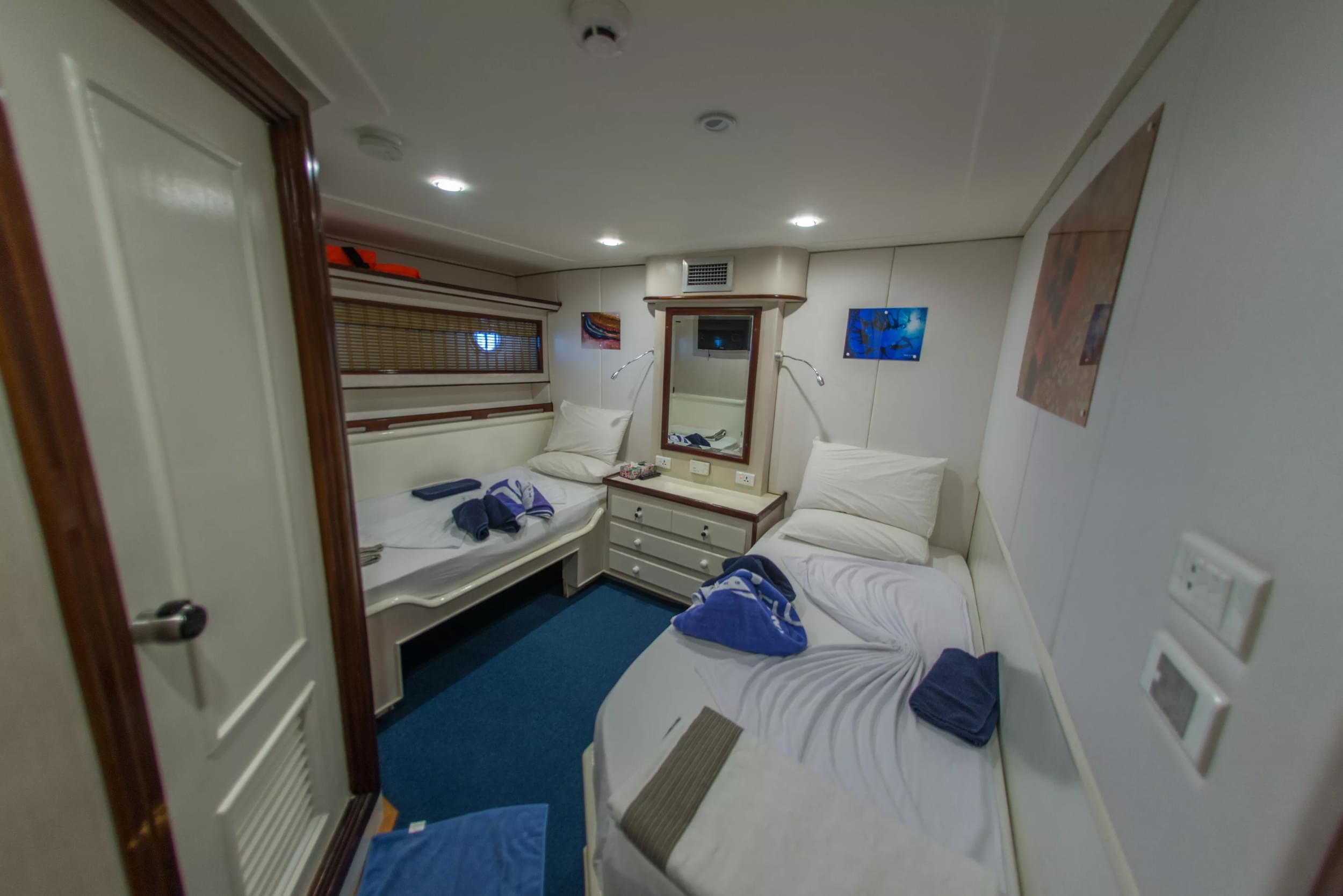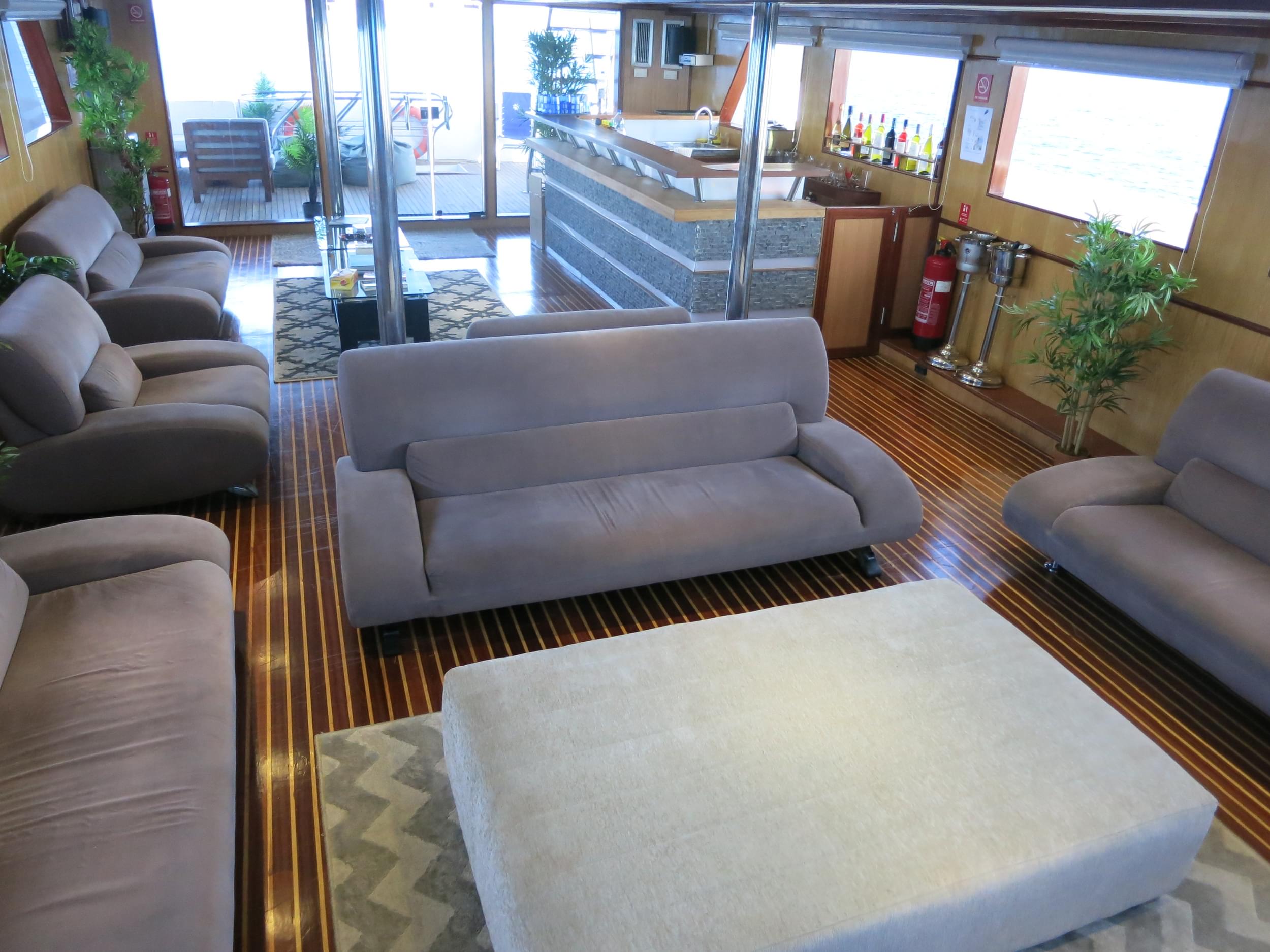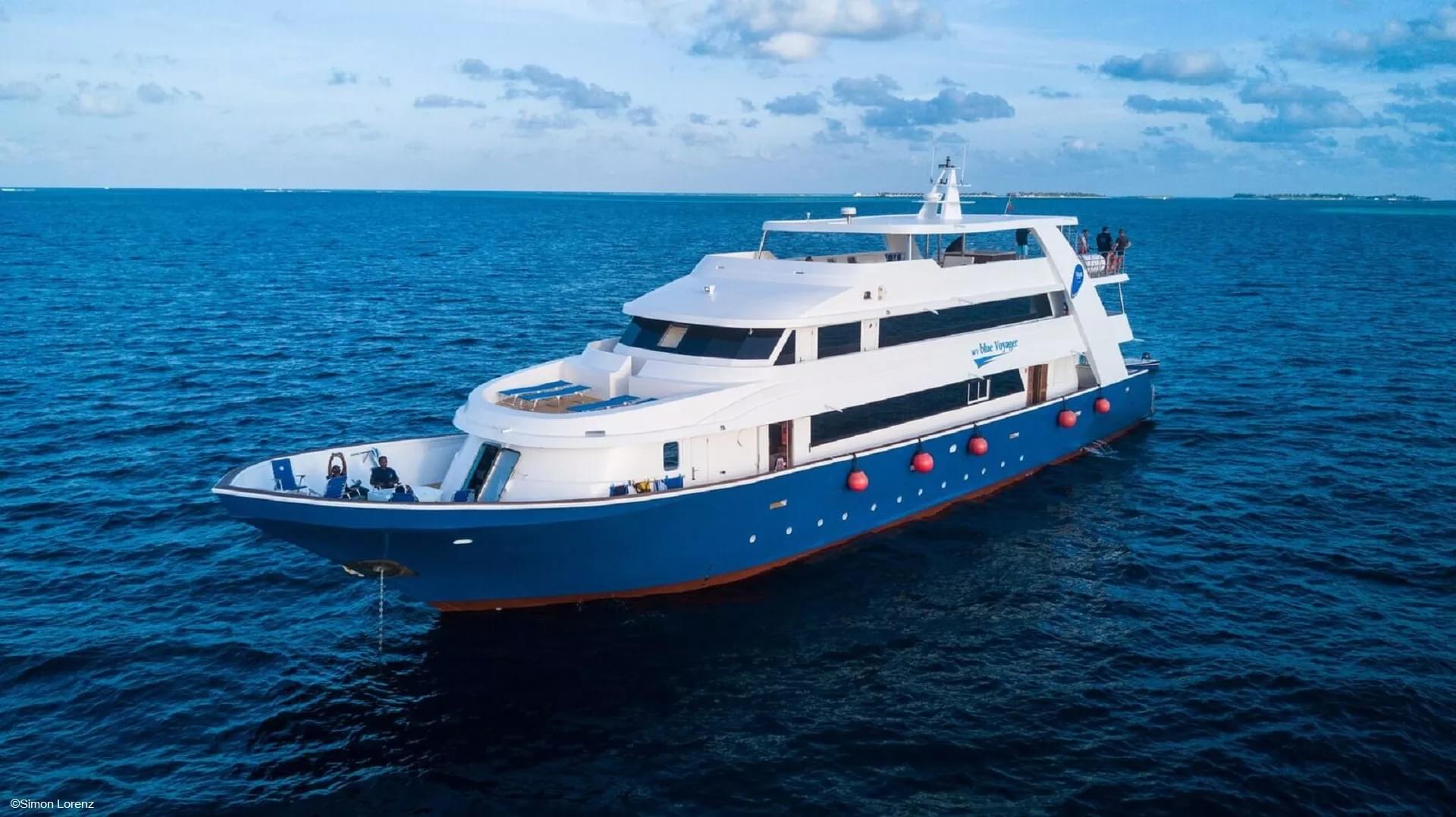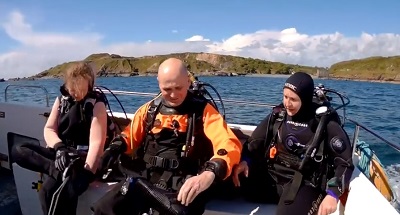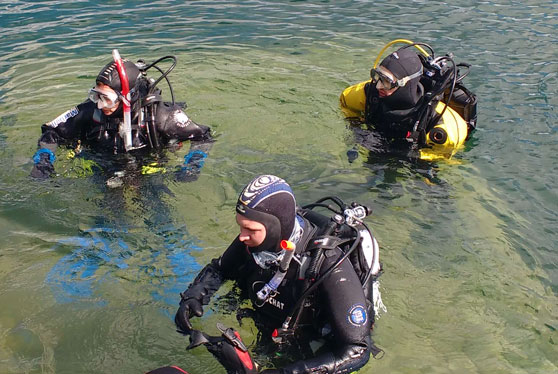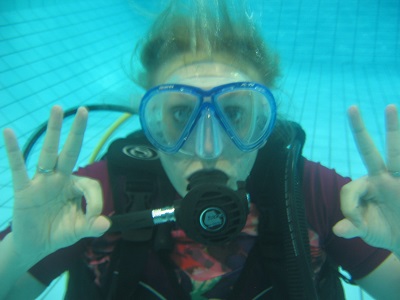
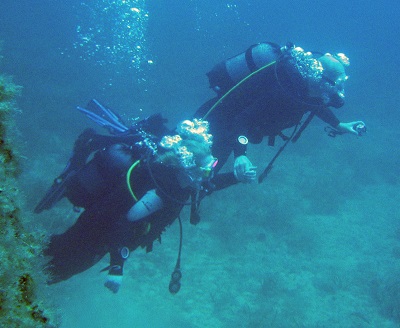
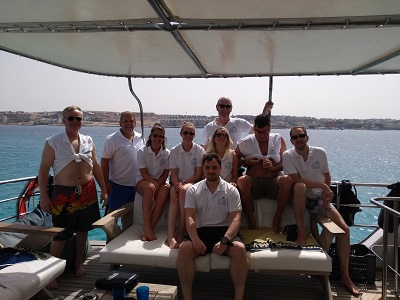

Humongous thanks to the most tolerant and supportive instructor I could ever have wished for! Today's dive in the Lake was awesome and I loved every minute! Next dive - Hikkaduwa in Sri Lanka in 3 weeks!!!
Underwater Adventures have blessed me with a whole new world. Please ensure you contact them for all your scuba inquiries! Stephen is an exceptional instructor and the otherdivemasters involved really have been outstanding throughout my 6 months of training and preparation... it has been a long road but I am over the moon. I am now a PADI open water scuba diver and immensely proud of myself!
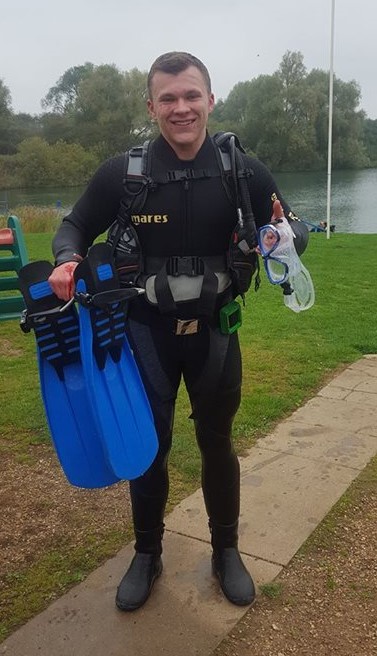
Are you a scuba diving enthusiast looking to take your skills to the next level? Well, you're in luck! The PADI Equipment Specialist course is here to equip you with the knowledge and skills necessary to maintain, care for, and perform basic repairs on your scuba gear. This course is perfect for divers who want to become more self-sufficient and confident in handling their equipment.
What’s the Course All About?
The PADI Equipment Specialist course is a fascinating “dry course” – meaning no water sessions are involved. Typically conducted in a friendly, classroom setting over one evening, this course offers divers an opportunity to delve deep into the mechanics of their gear. There is also an online theory section, which should be completed beforehand. This preparatory work ensures that participants gain vital knowledge about scuba equipment maintenance and repair before diving into the hands-on portion of the course.
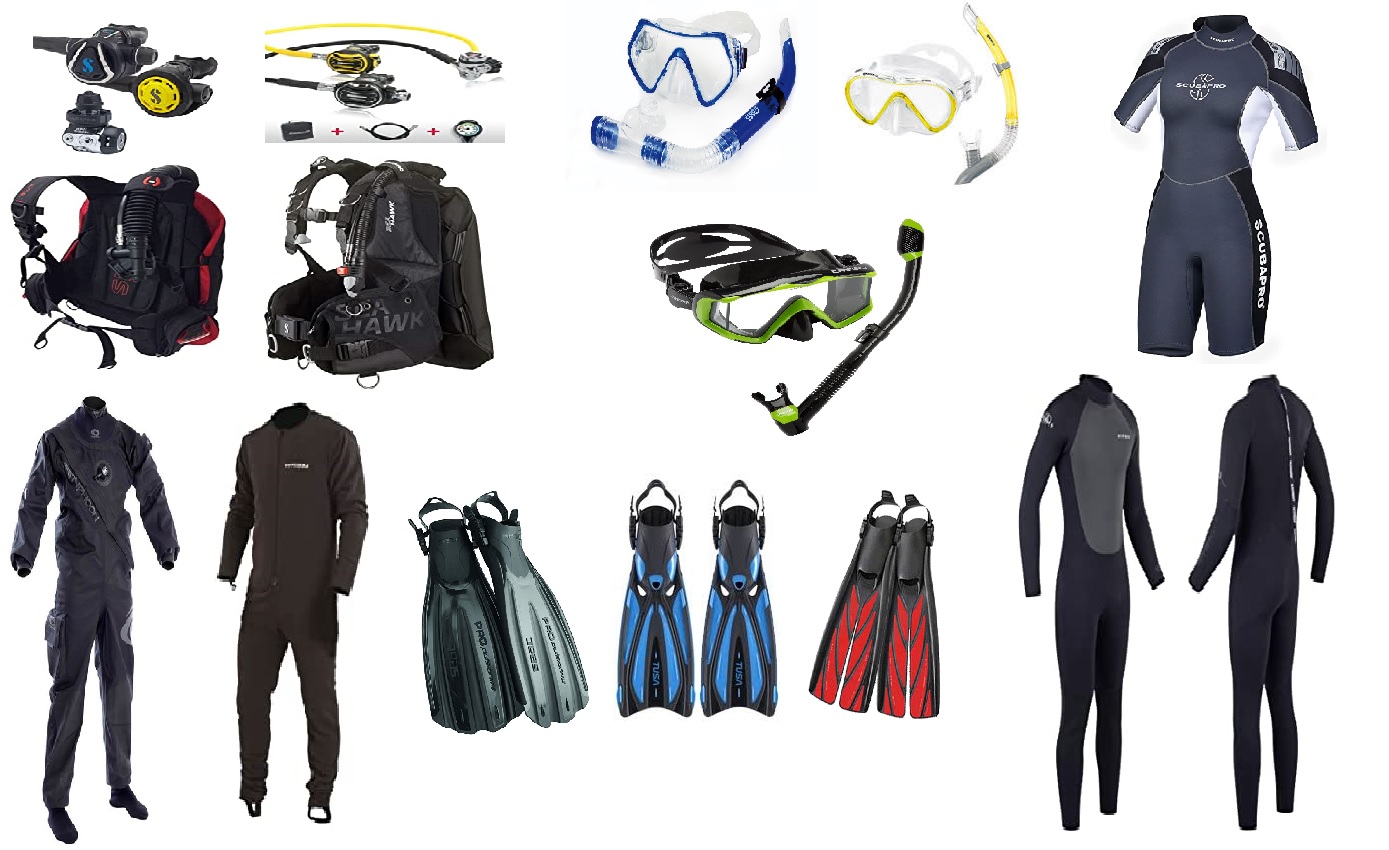
What Will You Learn?
In this course, you'll explore various aspects of scuba gear maintenance and repair, including:
Peeking Inside a Cylinder: Ever wondered what the inside of a cylinder looks like? You'll get to see and understand the inner workings.
Understanding Regulators: Learn how your first and second stage regulators operate. This knowledge is crucial for troubleshooting and maintaining these essential components.
Basic Repairs: Gain the skills to perform basic repairs on your dry or wetsuits. No more diving trips cut short due to minor gear issues!
Cleaning and Maintenance Tips: Discover the best practices for cleaning and looking after your scuba diving equipment, ensuring it stays in top condition for many dives to come.
By the end of the course, you'll have a comprehensive understanding of your scuba equipment, making you a more knowledgeable and self-reliant diver.
Why Take This Course?
Becoming an equipment specialist not only boosts your confidence underwater but also enhances your overall diving experience. You'll save time and money by handling minor repairs and maintenance on your own, and you'll be better prepared to deal with any equipment issues that may arise during your dives.
So, why wait? Dive into the PADI Equipment Specialist course and elevate your scuba diving skills today. You'll be amazed at how much more enjoyable and stress-free your dives can be when you have a thorough understanding of your equipment!
If you would like to book on to this course please CLICK HERE or follow this link to the contact us page
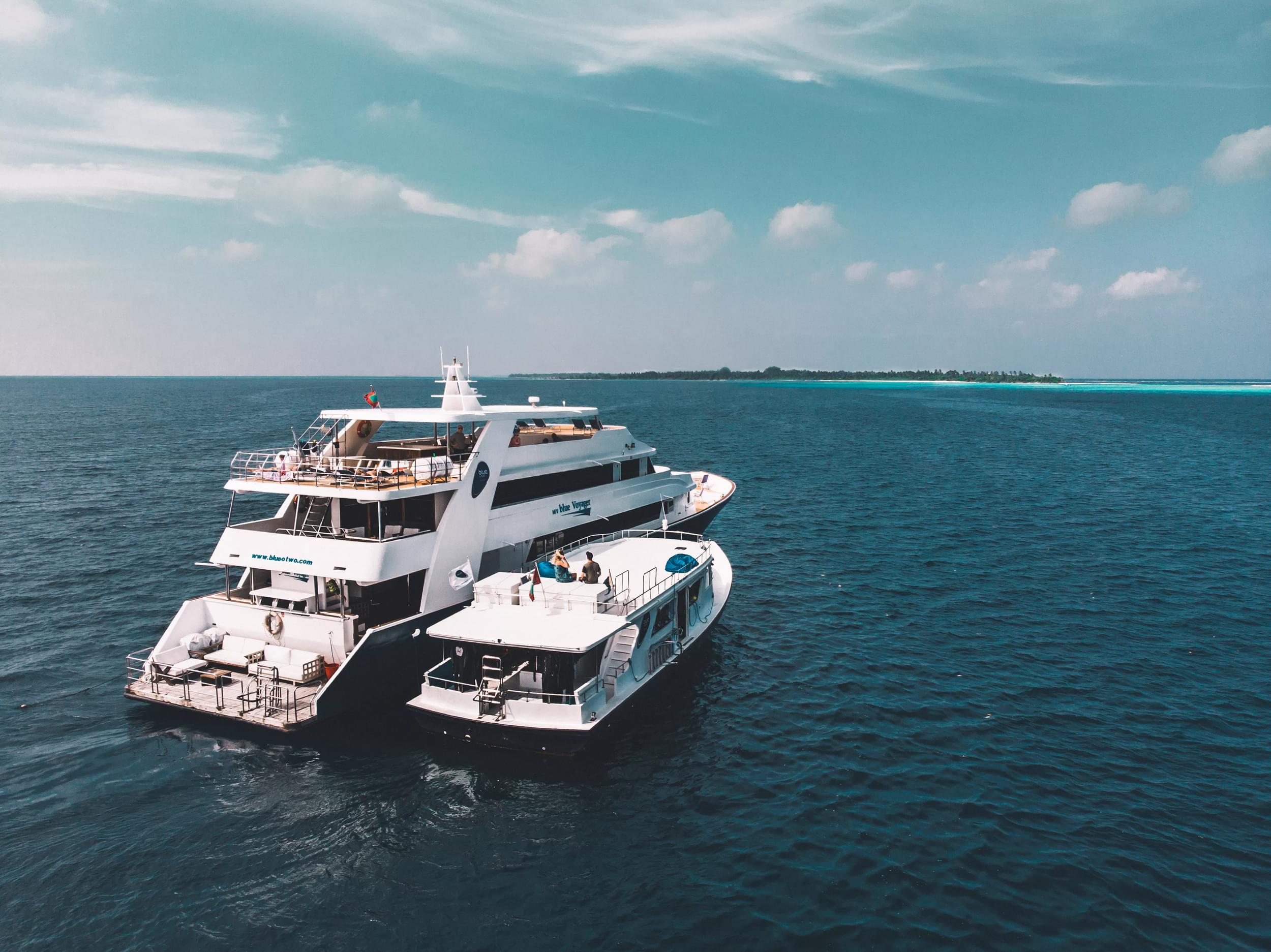
.jpg)
